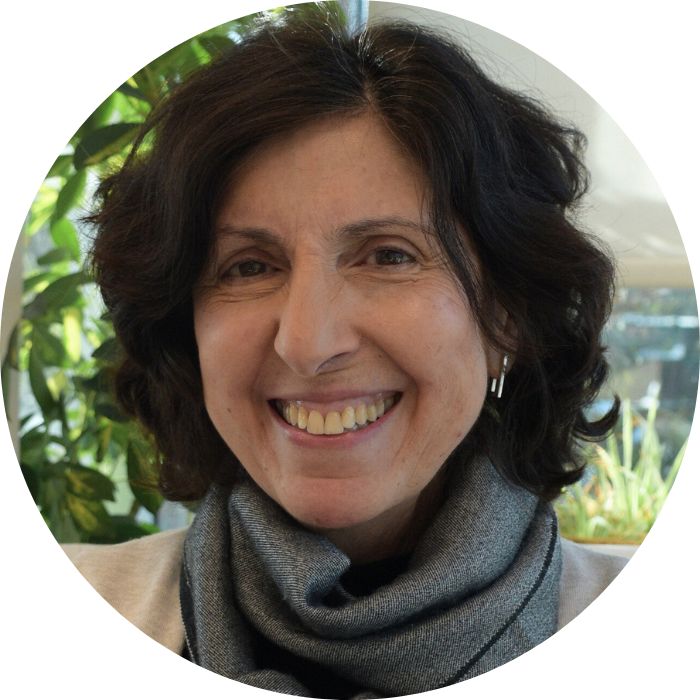Body Image and Eating Disorders
Many people struggle with a complicated and often challenging relationship with their body, and for some, these difficulties with body image can include or even lead to eating disorders. Our office can support you with these challenges both from a therapy perspective and a nutrition perspective to help support both your mind and body.
What is Body Image?
Body image refers to the way a person perceives, thinks, and feels about their physical appearance. It can impact how you engage with others, and how you treat and speak to yourself. How you view your body image can range from feeling comfortable and confident in your body, to feeling ashamed, self-conscious or even anxious about your body. Some of the factors that can impact your perception of body image can include societal expectations, media standards, peer pressure, mental health, personal experiences (including bullying or compliments) and cultural or family values.
Your body image can also be impacted by things like gender dysphoria and body dysmorphic disorder (BDD). Gender dysphoria refers to the distress a person experiences when their gender identity doesn't match their assigned sex at birth - this can include feeling “trapped” in a body that doesn’t reflect a person’s gender identity. BDD is a mental health condition where a person becomes obsessed with perceived flaws in their appearance, often minor or invisible to others.
What are Eating Disorders?
Eating Disorders are serious mental health challenges that involve disturbed eating behaviors and distorted thoughts about food, body weight, and shape. They may develop due to low self-esteem, anxiety, depression, bullying, illness, social media or sports pressures to have a certain body type, perfectionism or a need for control, or even family dynamics.
Some types of eating disorders include:
Anorexia Nervosa which involves a severe restriction of food intake, a distorted body image, and an intense fear of gaining weight
Bulimia Nervosa which involves cycles of binge eating followed by purging, and feeling out of control during binges
Binge Eating Disorder which involves repeated episodes of eating large amounts of food quickly even when not hungry or when full
Avoidant/Restrictive Food Intake Disorder (ARFID) which involves extremely picky eating or fear of choking on food or of experiencing certain food textures
Other Specified Feeding or Eating Disorder (OSFED) which is when an individuals symptoms don’t fully meet any of the above criteria but are still serious
Types of Therapy and Support
Therapy for body image and eating disorders can look different depending on what you’re dealing with. Each practitioner will have their own approach to dealing with these challenges, but some of the approaches you might experience at The Growth and Wellness Therapy Centre include:
Cognitive Behavioural Therapy (CBT)
Dialectical Behavioural Therapy (DBT)
Narrative Therapy
Family-Based Therapy
Interpersonal Psychotherapy (IPT)
Trauma-Focused Therapy
Nutrition Counselling
Individual and Family Nutrition Planning
When needed we can also support you with finding a referral to an inpatient / residential treatment centre, if that will best support your recovery. When appropriate we can also collaborate with your broader care team, including your family doctor.
Working with a Clinician
If any of these challenges sound familiar to you, you may benefit from working on them with the support of a trained professional like our Psychotherapists and Registered Dietitians. Our office has a number of professionals who work with eating disorders and/or body image, who you can view below. Once your practitioner has met with you and completed their assessment they will make a plan with you to address the symptoms or causes that may be negatively impacting your life. Eating disorder treatment can be a life-long process, and like most support it is most effective when there is a strong connection between the practitioner and client, and because of that we encourage you to meet for consults with as many clinicians as you need to ensure the best fit.






